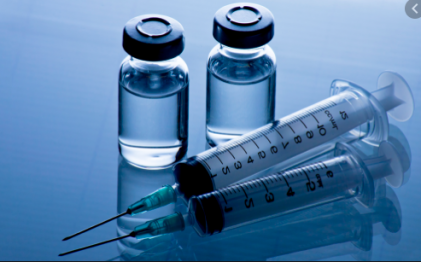The Lancet said the early-stage trials suggested the Sputnik-V vaccine produced a response in a component of the immune system known as T cells.
Scientists have been scrutinising the role played by T cells in battling coronavirus infection, with recent findings showing these cells may provide longer-term protection than antibodies. [L1N2EH0X8]
The Sputnik-V vaccine is administered in two doses, with each based on a different vector that normally causes the common cold: human adenoviruses Ad5 and Ad26.
Some experts have said using this delivery mechanism could make a COVID-19 vaccine less effective, as many people have already been exposed to the Ad5 adenovirus and developed immunity to it.
The results of the two trials, conducted in June-July this year and involving 76 participants, showed 100% of participants developing antibodies to the new coronavirus and no serious side effects, The Lancet said.
At least 3,000 people had already been recruited for the large-scale trial of the Sputnik-V vaccine launched last week, and initial results were expected in October or November this year, said Kirill Dmitriev, the head of the Russian Direct Investment Fund (RDIF), Russia’s sovereign wealth fund.
Health minister Mikhail Murashko has said Russia will start mass inoculation from November or December, with a focus on high-risk groups. It will take nine to 12 months to vaccinate the majority of the population, said Alexander Gintsburg, director of the Gamaleya Institute which developed the vaccine.

Leave a Reply